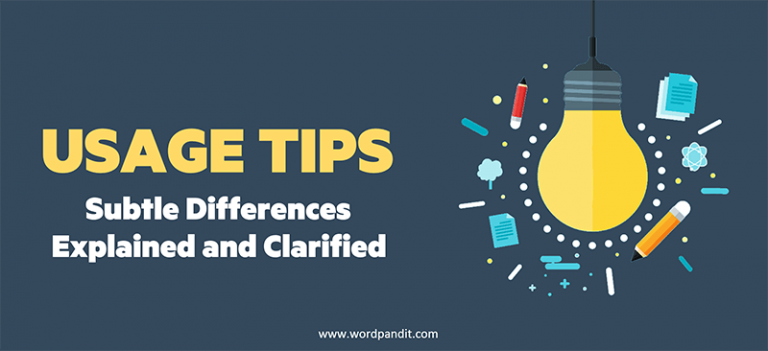Bait vs. Bate: Understanding the Difference 🎣🤔
Have you ever caught yourself confusing “bait” with “bate”? You’re not alone! These two words look so similar that many people, even native speakers, often use them interchangeably. But here’s the catch (pun intended!)—”bait” and “bate” have very different meanings. Understanding when to use each can make a big difference in your writing and speaking. Let’s clear up this confusion with some memorable examples, a touch of humor, and a little bit of history to make things stick. 📚✨
What Do They Mean?
Bait 🪱🎣
Definition: “Bait” refers to something used to attract or entice, often used in the context of fishing or as a lure to catch someone’s interest.
Pronunciation: “Bayt” (rhymes with “date”)
Etymology: The word “bait” comes from Old Norse “beita,” which means “food or fodder.” It’s easy to see how this came to mean something you use to lure fish or even people. It has retained this meaning for centuries, emphasizing its role in attraction or deception.
Usage Examples:
- He used worms as bait for fishing. 🐟
- The discount was just bait to get customers into the store. 💸
- She dangled the job offer as bait to keep him interested. 🪄
Synonyms: Lure, enticement, decoy, trap 🪤
Antonyms: Repel, discourage, deter 🚫
Bate 😌🛑
Definition: “Bate” means to lessen the force or intensity of something, often referring to emotions or anticipation.
Pronunciation: “Bayt” (same as “bait”)
Etymology: “Bate” comes from Middle English, related to the word “abate,” meaning to reduce or diminish. This word is closely tied to emotions and control, often implying a conscious effort to hold back.
Usage Examples:
- She tried to bate her excitement before the big announcement. 🎉
- He watched with bated breath as the results were announced. 😮
- The athlete had to bate his enthusiasm to stay focused on the strategy. 🏅
Synonyms: Diminish, lessen, reduce, moderate 📉
Antonyms: Intensify, amplify, heighten 🔊
How to Tell Them Apart 📝💡
A simple trick to remember the difference is to think of “bait” as something you offer (like to lure a fish or person) and “bate” as something you hold back (like your breath or emotions). You “bate” your excitement, but you use “bait” to catch fish or someone’s attention. 🎯
Another way to differentiate them is by remembering that bait is often external—something you use to influence others—while bate is internal, something you control within yourself. 🧠
In Context
He decided to bait the hook while bating his excitement for the big catch. 🎣😌
She had to bait her friend with promises of a surprise while bating her own excitement. 🎁😅
Mnemonic Device 🧠✨
765
To remember the difference, think: “Bait is something great to lure someone,” whereas “bate is to wait or hold back.” Imagine you’re holding your breath (“bating” it) while trying to catch something great with “bait.” 😤🎣
Related Word Pairs 🔄
If you enjoyed unraveling the mystery of “bait” and “bate,” you might also want to check out other confusing pairs like “affect vs. effect” or “compliment vs. complement.” These pairs are notorious for tripping people up, but once you get the hang of them, your vocabulary will be much sharper. ✨🗣️
Conclusion 🎉📚
And there you have it! The next time you come across “bait” or “bate,” you won’t be caught off guard. Remember, “bait” is for luring, and “bate” is for holding back. Keep practicing, and soon you’ll be a master of tricky word pairs like these! Language can be confusing, but with a little effort, you can untangle even the trickiest terms. Don’t forget to keep exploring other word pairs—you’ll find that each one you master brings you closer to eloquence and precision in your writing. ✨🖋️🚀
Test Your Knowledge: Bait vs. Bate Quiz
1. The fisherman used worms as __. 🪱🎣
2. She watched with ___ breath as the lottery numbers were called. 😮💨
3. “Bait” means to lessen the intensity of something. ❌🤔
4. What is a synonym for the word “Bate”? 🤓
5. He spoke with ___ breath while waiting for the decision. 😌⏳
6. In order to catch the thief, the detective used the stolen item as __, while ___ his anger to stay focused. 🕵️♂️🔍😤
7. Which word comes from Old Norse and is associated with attracting or luring something? 🌍📜













